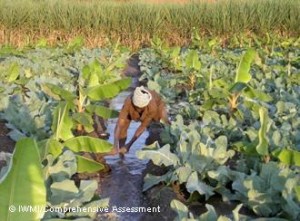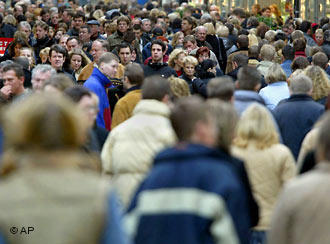Search Results for Tag: earth
7 billion, and counting
There are now more than 7 billion people living on our planet! It’s a reason to celebrate and a stark reminder of how many people live and depend on the planet’s resources. Human population looks like it will continue to grow at breakneck speed, and that means it’s vital we make sure the earth can meet the needs of all 7, 8 or even 9 billion people – when we get to that point.
Climate change poses the biggest threat to meeting the basic food supply needed to nourish the world. Severe weather, changing rain trends and other turnarounds in global climate patterns have put important basic crops at risk – from wheat and corn to coffee. As the supply falls, the prices for food soar, making it too expensive for many in the world’s developing countries.
On top of that, more people means more energy use, and the need for clean, eco-friendly energy on a wide scale will become even more crucial in the coming years. So you’re now one of more than 7 billion people on the planet. What can every person do to keep the world safe?
Sustainable Agriculture: A Recipe

By the year 2050, there’s expected to be 9 billion people living on our planet. Can we feed all those people without destroying the earth? That’s the question a new report is trying to answer. A team of researchers from the U.S., Canada, Sweden and Germany worked together on a major article that will be published in Nature journal in a few days, and their conclusion is this: the only way forward is to create a global plan for sustainable agriculture.
What is that plan? According to the researchers, it will include key steps like halting farmland expansion into our tropics, using existing farmland more effectively, changing our diet patterns and cutting down on the food waste we produce. And those steps are crucial to keeping the planet healthy. Farm land and pastures now cover about 40% of our planet and agriculture accounts for a third of all the emissions produced around the globe. If there’s a sustainable solution to the future of farming and producing food, it could mean a major breakthrough for our environment.





Feedback